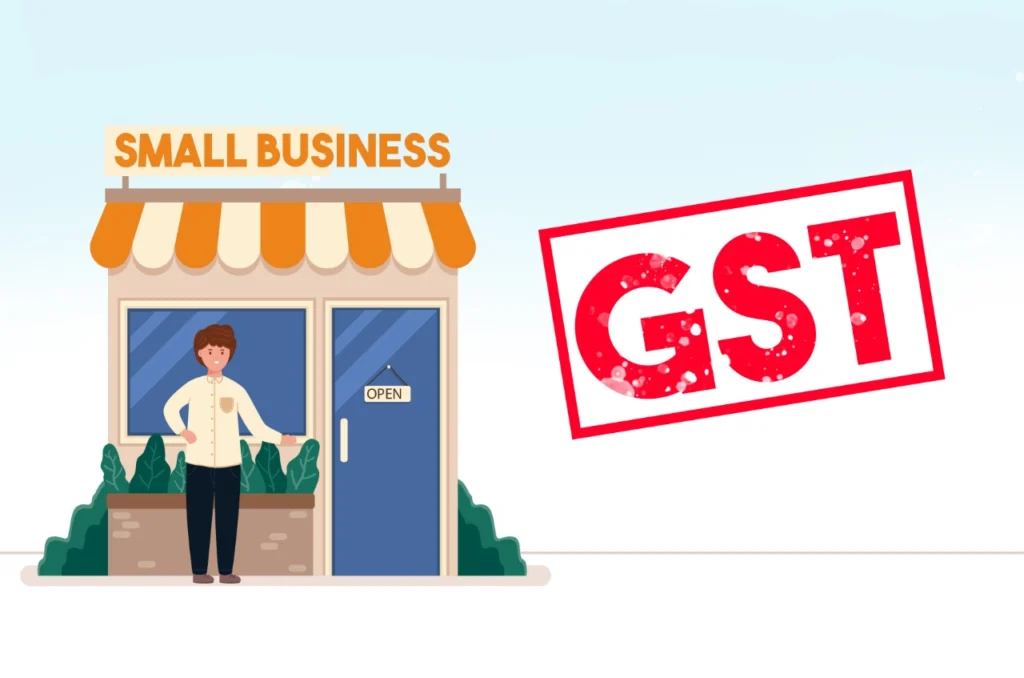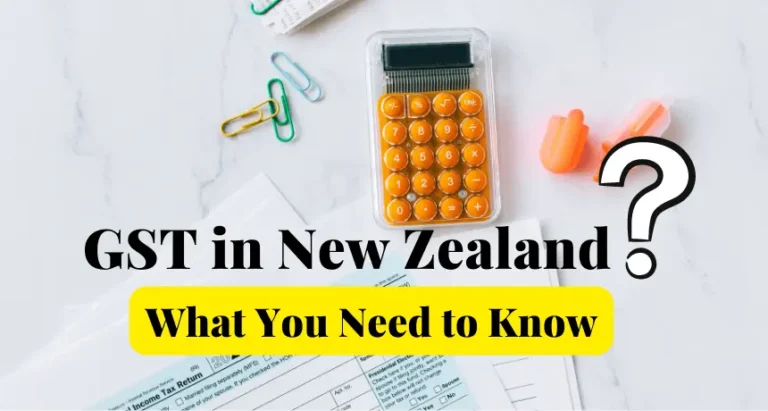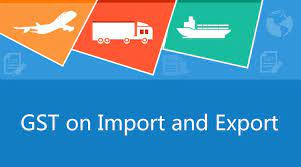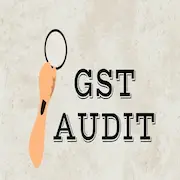There are various kinds of New Zealand businesses and companies engaged in selling and purchasing goods, services, and other taxable activities that are liable for goods and service tax (GST). This blog is a comprehensive guide regarding GST guide for small businesses in NZ. First, all goods or services, businesses, or individuals engaged in taxable activities are required to register for GST at the Inland Revenue Department NZ. This is necessary for charging, collecting, and claiming GST within the country.
This tax is mandatory for all businesses and entities with over $60,000 annual income during a 12-month taxable period must register for GST. Based on the category of a product, nature of service, and type of transaction, different GST rates apply. Generally, these three tax invoice rates are imposed, standard rates of 15%, Zero-rated, and GST-exempted
Here is a complete guide for various businesses and how GST for small businesses applies to each category of business and taxable supplies.

Register for GST Returns for Businesses in New Zealand
The rule of the thump for GST registration and goods and services tax return is that if the annual revenue is $60, 000 or expected to be $60,000 or above in a 12-month period, then the business is liable for tax. The rules apply to residents and non-residents operating in New Zealand. If annual revenue is less than $60, 000 then small businesses in New Zealand are exempt from GST.
Businesses can be of different types and compositions, therefore, IRD has stipulated different criteria to regulate GST collection and GST filing. Different rules and mechanisms are in place to collect and file GST based on whether a business is individually owned, a group of companies, or a mix of both.
It is recommended to have a clear idea of your business model and structure so no errors are made in GST registration, GST filling, and GST registration at the end of a tax filing period in New Zealand. GST returns include collecting and paying GST on goods and services.
Nowadays there are many tools where individuals and businesses can calculate their GST with a click, Here is one of the best tools GST Calculator NZ
Business Owned by an Individual or Single Entity
If an individual owns a company or business with various branches, he or she must file GST separately for all the branches even if the accounting system is separate for each branch. However, the overall income of all branches must be $60,000 (combined) for GST purposes and not for each branch separately. Parents and branches are fully liable for tax and if there is an issue in GST filing, the parent company is liable for any GST returns.
The process to pay GST or claim back GST is simple. As a GST-registered business, you can log in to my IR account, fill out the form along with the GST number, and in no time you have filed your GST. Better if you have a tax agent, he can do it for you. For proper filing of GST, you must comply with the GST filing process and have a record of business expenses and GST invoices. As a business owner, you can decide accounting basis for GST returns, meaning how often you will file GST. As a GST-registered entity, you can file GTS on a monthly basis, two-monthly, or six-monthly basis.
GST Guide for Small Business
The simple rule for business in New Zealand is that the business must meet the criteria i.e., any business making $60,000 per annum with a 12-month period, must file GST. In addition to that, if your business collects GST on any taxable activity, then as a small business GST registration and GST refunds are given.
Specifically, sole traders and business-like ride-sharing and cab services that add GST in the services must be registered for GST even if the threshold criteria of $60,000 turnover is not met. Like if GST is added to the price of your product, then by default you need to register for GST.

It is beneficial to register for GST even if you don’t meet the threshold criteria and your turnover is not above $60,000 as sometimes you can GST claim back based on certain criteria.
GST Registration of Group of Companies and Taxable Entities
Two or more companies can register for GST as a group of companies if the accumulative voting power is 66%. The following conditions are in place for group registration and GST filing:
- Each company is a registered GST entity or individual; or
- At 75 % of the supplies is a taxable activity made to an entity outside of the company
- All groups or companies are treated as one and transactions with the group are not liable for GST.
- For Goods and services filling purposes, a representative is selected who can deal with the GST process.
For GST purposes, an entity and a group of companies are defined by the following criteria:
| An entity can be any of these a person a company An incorporated or unincorporated society or club A joint venture or partnership a trustee or a trust or estate a public or local authority. | A company can be either of these a body corporate incorporated in New Zealand or elsewhere a limited partnership registered under the Limited Partnerships Act 2008. |
A group representative is the main focal person that deals will all GST-related matters. This includes:
- is a registered GST entity
- carries out all taxable activities of the group
- is responsible for GST filling and GST returns of the overall group
- can change representatives, add or remove members and cancel group registration
- focal person for GST matters
Even if the group representative is responsible for GST-related matters, each entity within the group must also comply with specific rules to make GST filing and GST record-keeping accessible and error-free.
For that purpose, these steps must be followed:
- Each member must keep its own GST records as for GST for business rules
- is liable for GTS dues both as a group and as an individual entity
- should follow the same filling frequency and accounting basis that applies to the overall group
- file GST returns with the group, not individually
- should provide details of income and sales to the representative to be included in the group’s GST return.
To sum it all up, gst guide for businesses operating in New Zealand under a sole owner, entity, or registered as a group must be registered for GST by clearly stating the type and structure of the company. GST for businesses is a way to collect, and claim back the GST tax and is mandatory on all taxable activities.





